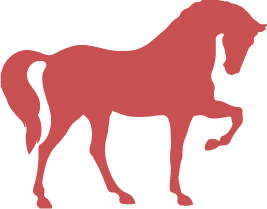4 TIPS TO OPTIMALLY PREPARE YOUR HORSE FOR COMPETITION AND HOT DAYS
Article Courtesy Cavalor The summer season is wonderful. Long evenings, plenty of competitions, and more time to enjoy horses and equestrian sport….
Free Delivery when you spend $49 or more. (Weight Limits Apply – view more)
 Dog
Dog

Shop Tuckers great range of dog food, health care & wellness products today. Delivered or Click & Collect.
 Cat
Cat

Tuckers has a great range of cat food, health care & litter products for your beloved cat. Shop now.
 Horse
Horse

Tuckers carry a huge range of food, supplements, health care, hoof care and grooming accessories. Shop now.
 Chook/Bird
Chook/Bird

Tuckers range of food, accessories & health care products will keep your chooks & birds happy and healthy.
 Small Animal
Small Animal

Shop food and health care products for your little mates @ Tuckers. Delivered or Click & Collect.
 Farm/Garden
Farm/Garden

Tuckers carry a wide range of sheep & cattle products, plus everything you’ll need around the farm or garden.
 Dog
Dog

Shop Tuckers great range of dog food, health care & wellness products today. Delivered or Click & Collect.
 Cat
Cat

Tuckers has a great range of cat food, health care & litter products for your beloved cat. Shop now.
 Horse
Horse

Tuckers carry a huge range of food, supplements, health care, hoof care and grooming accessories. Shop now.
 Chook/Bird
Chook/Bird

Tuckers range of food, accessories & health care products will keep your chooks & birds happy and healthy.
 Small Animal
Small Animal

Shop food and health care products for your little mates @ Tuckers. Delivered or Click & Collect.
 Farm/Garden
Farm/Garden

Tuckers carry a wide range of sheep & cattle products, plus everything you’ll need around the farm or garden.

Article courtesy of KENTUCKY EQUINE RESEARCH | BY Kentucky Equine Research Staff
Several issues may be at play when a horse backs off its hay. The first consideration is whether the issue lies with the horse or with the hay. To help identify the root concern, think about these questions:
Let’s address the first three questions. If hay refusal comes on fairly suddenly, especially if it coincides with a new batch of hay, then it is likely that the hay itself is the issue, especially if other horses are showing the same behavior. Horses may refuse to eat hay that is old, moldy, coarse, stemmy, or full of weeds, so check to make sure that your hay is “clean”—that is, free of mold, dust, weeds, trash, and other impurities. Horses are sensitive to odors and can easily detect off-putting scents that humans cannot and sometimes this is enough to cause refusal. More sensitive horses back off forage intake simply when a change is made to a different type of hay, as some grasses are more palatable than others.
One additional consideration involves access to pasture. Hay intake often corresponds to pasture conditions. For example, some horses may reduce their hay intake when pasture grass is readily available and high quality, but will return to hay when pastures dry out due to drought or season.
If other horses are eating the hay as usual or if no change of hay has been made, the final three questions in the list become more relevant.
The question of water is an important one. Clean, fresh water should always be available. Without sufficient water, a horse will quit eating. Check to make sure your horse’s water source has not been compromised in function or hygiene, such as a broken automatic waterer, a leak in a water tank, or contamination from manure or a decomposing bird or animal.
Once you’ve verified the hygiene of the hay and water source, other causes of hay refusal should be investigated. Common causes of inappetence in horses include dental issues, such as painful chewing due to uneven wear, split or broken teeth, missing teeth, and infection of the teeth, gums, or other oral tissue. Sometimes it could be as simple as the horse eating hay containing foxtail seed heads, which can lodge in the gums and cause pain and infection if not found and removed.
Moreover, dental condition often depends on age, as teeth deteriorate as horses hit their late teens and twenties. When this happens, it can result in a gradual or sudden decline in hay intake. Regular dental care for horses throughout their lives can help address dental issues in a timely manner and ensure that horses are able to comfortably consume hay for as long as possible. When horses reach the point where they no longer can chew hay, there are several alternative forages and fiber sources appropriate to help maintain weight.
Other health issues that can affect a horse’s appetite for hay include colic, ulcers, choke, inflammation of the gastrointestinal tract, and generalized infection or disease. In any case, a call to the veterinarian is most likely in order to help determine if there is a significant health condition and the best options to help a horse regain its health and appetite.
Entire range - quick and secure delivery
Buy securely online and pickup at your local store
Call your local store and come on down to pickup
© 2026 Tuckers Pet & Produce.
